Sunday Telegraph calls on major parties for boost in mental health funding
One in three voters say young people’s access to mental health treatment in their area is “poor” or “very poor”. Yet politicians are unwilling to fund a plan which help save kids. The Sunday Telegraph is calling on both major parties to promise a boost in mental health funding before the election.
- Kids losing their futures and their lives to mental ill-health
- Ben Pike reveals how his father’s demons impacted on his life
One in three voters say young people’s access to mental health treatment in their area is “poor” or “very poor”. And the people who help our kids agree.
Yet our politicians are unwilling to fund a plan which would significantly improve the livelihood of thousands of young people and keep many of them from falling into a lifetime of welfare dependency.
The Sunday Telegraph, together with Melbourne University Professor and Orygen executive director Patrick McGorry, is today calling the major parties to promise a modest boost in mental health funding before the federal election.
The $87 million yearly package, called headspace Plus, would fund treatment for 12-25-year-olds suffering complicated depressions, psychosis, eating and personality disorders, schizophrenia and other conditions requiring psychiatric treatment.
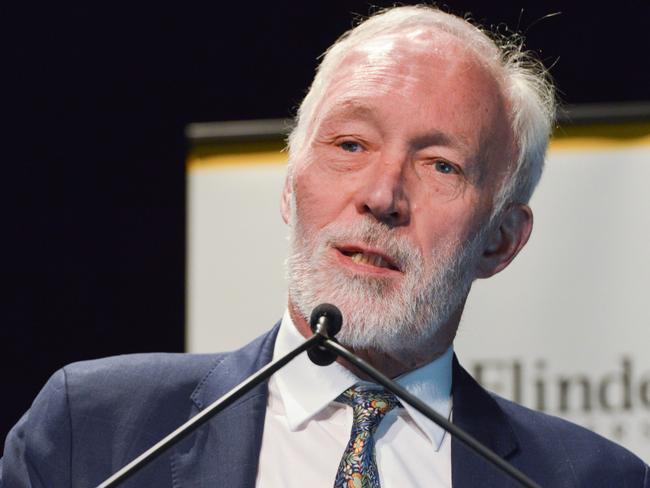
MORE FROM BEN PIKE
HONEYMOON HELL AFTER COWBOY GRABS WOMAN
SYDNEY FISH MARKET’S $250M PLAN TAKES A SET BACK
BILLIONAIRE’S $50K DAILY FRUSTRATION WITH BEREJIKLIAN
The proposal would fund teams of mental health professionals to do home visits for young people who are too sick or scared to come into a mental health clinic.
This would include night and weekend work — times when many young people are at their most vulnerable.
For young people accessing services online, the proposed headspace eGen would also boost safe online social networking, peer and expert support, evidence-based interventions, personalised treatment and real-time interventions powered by artificial intelligence.
The plan would cost $348m over four years.
Prof McGorry, a psychiatrist and former Australian of the Year, said there is a “rising tide” of unmet need for mental health care for young people.
“These young people are too unwell for headspace but are locked out of hospital-focused state and territory mental health services,” Prof McGorry told The Sunday Telegraph.
“The 2019 Federal budget acted to respond to growing wait lists for headspace centres which will help with better access, as will more centres.
“However, headspace is merely a primary care service, a front door, and the next Australian government must move to cover the very large group of young Australians who can only be helped by desperately needed team-based specialist clinical services.”
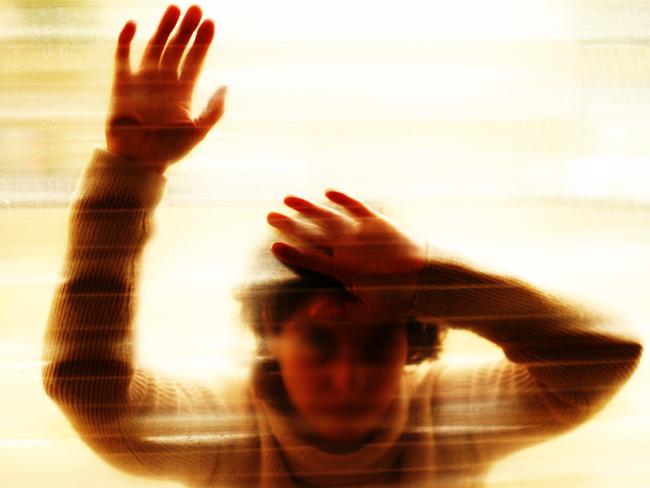
Headspace CEO Jason Trethowan and Sydney University Brain and Mind Centre co-director health and policy Ian Hickie are also supportive of the plan.
A survey of 1869 voting age Australians by Orygen in March 2019 — obtained exclusively The Sunday Telegraph — reveals 75 per cent believe mental health should be a top priority for the next Australian Government.
Ninety per cent say young people should be able to access timely mental health treatment in their local communities rather than waiting for a life-threatening crisis that required emergency department admission.
Rachael Laidler has a simple goal in life: pay tax.
The Sydney woman says five years of her youth was taken up trying to get proper treatment for bipolar disorder.
Her mental health troubles — which culminated in a suicide attempt at age 16 — derailed her studies and social life.
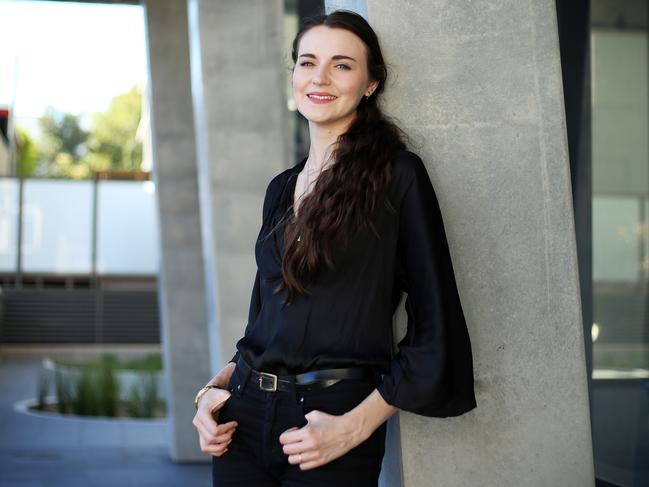
She turned to alcohol and resigned from life. She has been on a disability support pension through her adult years.
Ten years on from her lowest point Ms Laidler is studying social policy at university.
She is aiming to help other young people navigate the complexities of the mental health system.
“My whole goal in life is to pay my taxes like a regular person,” the 26-year-old Waterloo woman said.
“If I had got the right intervention when I was younger I might not have dropped out of school. “I feel like I am ten years behind.”
Ms Laidler said her initial interactions with the mental health system were negative.
The psychiatrist she saw quickly prescribed her medication and pushed her out the door.
She credits headspace with much of her recovery.
Both major parties were approached this week to lend support to the plan. Both failed to commit.
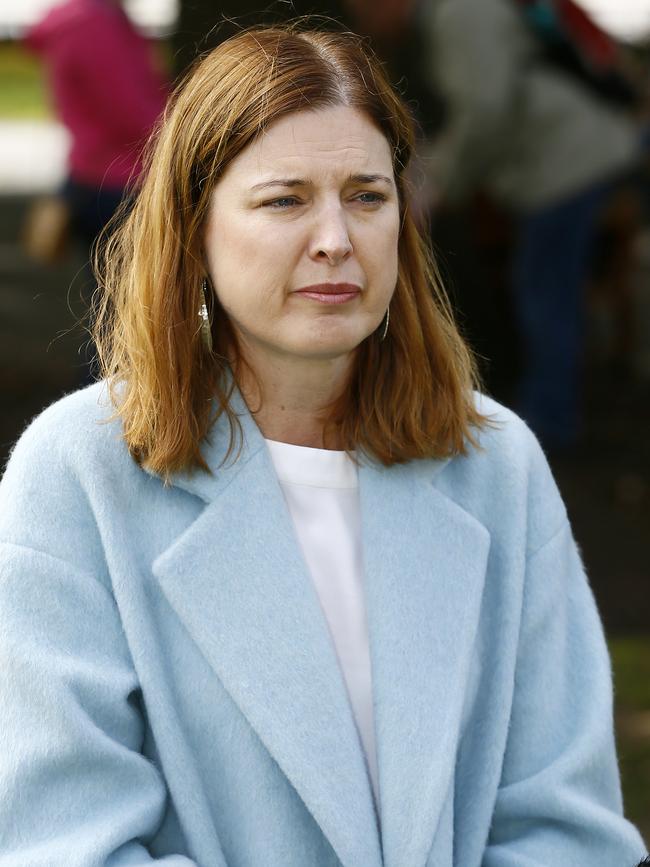
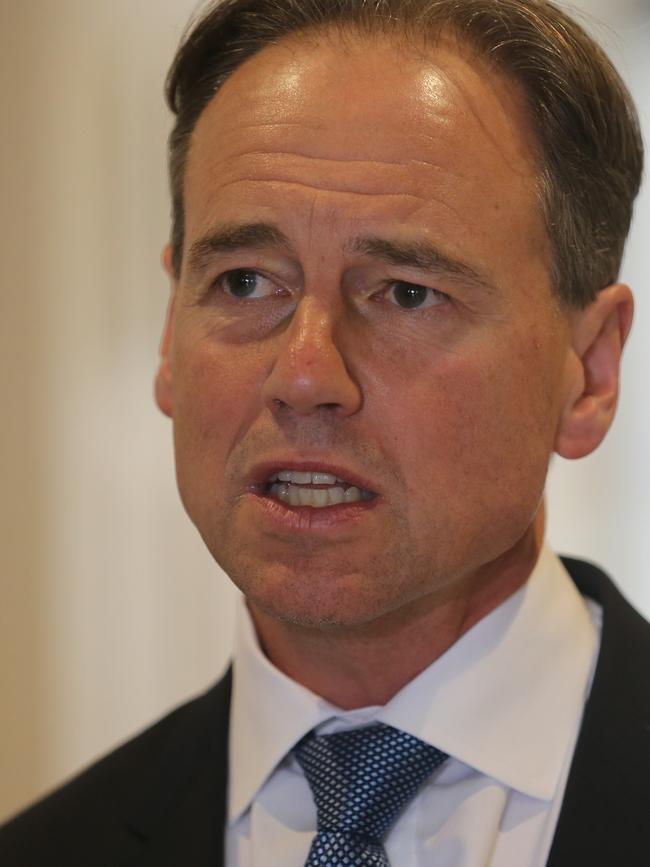
A spokeswoman for Health Minister Greg Hunt said the 2019-20 Federal Budget included $375m for headspace.
The Liberals are also offering voters $50.8m for headspace sustainability funding, $47 million for headspace national and the Young Ambassadors for Mental Health program, and $6.4m for four new headspace satellite services.
“Funding for headspace services has tripled and funding for youth mental health in total has quadrupled since 2013,” Mr Hunt’s spokeswoman said.
“The Federal Government will spend an estimated $4.8 billion this year on mental health.”
Labor’s Julie Collins, federal opposition spokeswoman for mental health, said: “We’re continuing to look at the proposal and we will have more to say on mental health.”
“A Shorten Labor Government supports and will match the funding allocated to mental health services in the Budget,” she said.
“Labor has already announced that we would invest in new headspace centres in Burnie, Monash, Emerald, Ocean Grove and Logan.
“Last time in Government Labor invested $200 million to bring the number of Headspaces to 90.”
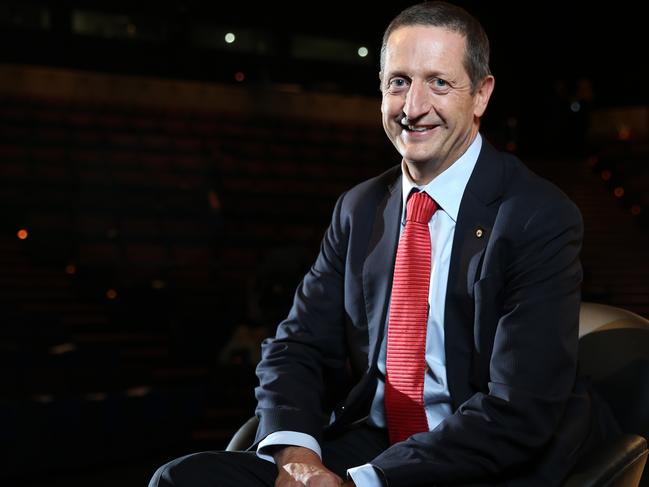
But psychiatrist and leading mental health advocate Ian Hickie described the current political promises as “underwhelming”.
“Many of the promises are way into the future and non-specific,” Prof Hickie said.
“In relation to the size of the problem we face in mental health, the national response so far has been underwhelming.”
Prof Hickie said while 11 per cent of young Australians are not in employment, education or training, this figures rises to 30 per cent for young people being treated by mental health services.
He said the long term economic consequences of not adopting this proposal are “too big to ignore”.
“The estimate of direct costs through welfare payments and income support for these young people is billions of dollars per year,” Prof Hickie said.
Jason Grimes is the manager of headspace Grafton in the state’s north.
That centre opened December 2017 after the 50,000-person Clarence Valley community lost at least three male and four female teenagers to suicide in one 20 month period.
Mr Grimes said the new Grafton headspace has been critical in providing critical mental health information to 7200 people in the area. But it is not enough.
“The community feedback we have had since opening has been extremely positive,” Mr Grimes said.
“As a regional area we face difficulties. The nationwide increase in the incidence of mental health crisis is a demonstration that more work needs to be done. And more work needs more funding. “Any improvements to treatment options would be beneficial.”
In 2017, 3128 Australians suicided, a 9.1 per cent increase over the 2866 who died in 2016.
Of the 2017 deaths, 428 were aged 24 or younger.
Lifeline: 13 11 14


